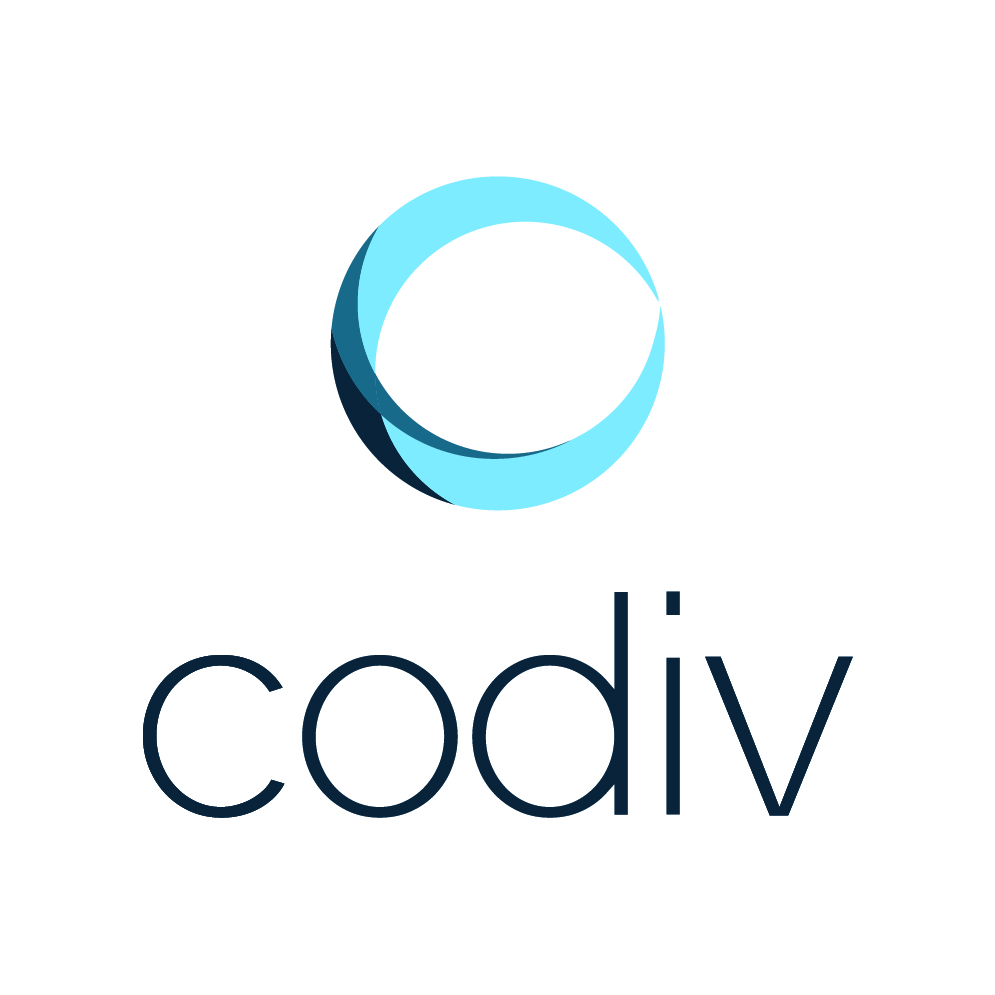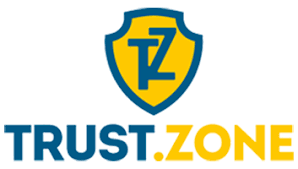Use cases

The blockchain is the next step in the development of innovative tools and applications. And Emercoin offers a wide range of dSDK for tech solutions on blockchain that can bring more intelligence and security to your projects, making them decentralized.
Emercoin use cases
EmerDNS is a decentralized domain name system supporting the full range of DNS records. EmerDNS operates under the “dns” service abbreviation in the Emercoin NVS.
Thanks to Emercoin's secure and distributed blockchain, domain name records are completely decentralized and uncensorable. They cannot be altered, revoked, or suspended by any authority. Only the record owner, i.e. the one who controls the private key to the associated payment address, can modify or transfer it to another owner. These actions can be performed using the Emercoin NVS in the Emercoin wallet GUI, or via the name_new or name_update commands in the Emercoin API.
DNS records can easily be retrieved from any Emercoin wallet via the Emercoin API using JSON-RPC or the command line, or via the standard RFC1034 DNS protocol built into every Emercoin wallet.
EmerSSH is a system for managing Public Key Infrastructures (PKI) and Access Control Lists (ACL) using the Emercoin blockchain.
EmerSSH can be bridged to OpenSSH, providing a comfortable, safe, and flexible way to log in to multiple servers via SSH. In this case,OpenSSH is configured to refer to the emcssh utility, which queries the Emercoin blockchain and retrieves SSH credentials during the authentication process.
With EmerSSH, users can manage their own public keys by submitting and modifying records in the Emercoin blockchain via the GUI or command line. Similarly, admins can manage user groups for their services that may contain references to other groups as well as individual users — allowing for the creation of recursive authentication trees.
EmerSSH operates under the “ssh” service abbreviation in the Emercoin NVS.
EmerSSL is a system for passwordless website authentication that uses the Emercoin blockchain as a decentralized and trusted store of hash sums for client SSL certificates. Certificates can be generated by users on their own computers, without any central authority, and quickly replaced as needed. This makes the system effective for both scheduled updates and rapid recalls of compromised certificates.
EmerSSL enables the complete decentralization of the system. In other words, there is no single entity controlling the authentication, unlike systems such as Kerberos, OpenID, TeddyID, and the like. Thus, EmerSSL cannot suffer a system-wide service disruption whether due to technical failure or through a malicious attack on the servers. Neither can a user’s account be globally suspended at the whim of a single authority.
Associated with the EmerSSL technology is EmerSSL InfoCard — a “business card” system that complements EmerSSL's passwordless logins with website form autocompletion based on the data residing on the Emercoin blockchain.

EmerDPO is a decentralized solution for digitally validating the ownership or authenticity of both physical and digital goods and services using the Emercoin blockchain. EmerDPO operates under the “dpo” service abbreviation in the Emercoin NVS.
Before blockchain, validating ownership was a drag in many areas: software licenses and subscriptions, land titles, art and jewelry ownership, vehicle registrations, and more. Authenticating ownership via written records is burdensome and opens up the possibility of fraud, counterfeiting, and even theft.
With the Emercoin blockchain, the ownership of physical and digital goods can now be immutably assigned to their respective owners.
For more information about verifying item authenticity and ownership with EmerDPO, visit emcdpo.info.

ENUMER is a system for supporting ENUM telephone records on Emercoin's blockchain, stored under the “enum” service abbreviation in the EmerNVS.
ENUMER, orE.164 Number to URI Mapping, translates telephone numbers into IP addresses, for use by SIP Proxies, VoIP gateways, and other specialized telephony systems.

Unfortunately the EmerLNX project is temporarily frozen until it can be further developed.
There are 3 roles in the EmerLNX system:
-
Buyer : Advertises their website using the EmerLNX network. They pay a small amount of funds for each Visitor referred to their site by the EmerLNX network.
-
Host : Displays EmerLNX advertisements on their website. When a Visitor clicks an ad, the Host sends this Visitor to the Buyer's website and receives payment from the Buyer for this visit.
-
Visitor : An ordinary web-user who clicks on an advertisement on the Host's website and arrives at the Buyer's website.
In the EmerLNX system, a Buyer directly pays each Host for each Visitor. There is no central agent to set a minimum price, allowed words, etc, and there is no participation fee or commission. All payments go directly from the Buyers to Hosts, without the involvement of any intermediate agent.
An EmerLNX participant can be a Buyer and Host at the same time, i.e. they can show advertising links on their website, and also purchase traffic (visits) from the EmerLNX network. Hence, they can pay other participants to attract visitors to their site, while earning money for sending visitors to other sites.
EmerLNX runs on the Emercoin cryptocurrency and uses it in two ways:

Emercoin provides a service for storing name->value pairs in its blockchain (Name-Value Storage, or NVS). The initial concept was inherited from the NameCoin cryptocurrency yet while NameCoin is mostly focused on supporting decentralized domain zone *.bit in their extension, Emercoin provides a universal, extensible service to store and maintain name->value pairs without imposing a narrow specialization.
Of course, Emercoin supports distributed alternative DNS service too, and each Emercoin wallet contains a built-in simple DNS server, supporting the standard RFC1034 UDP DNS protocol.

Trusted Timestamp automatically applies the current timestamp to any record added to the Emercoin blockchain. The blockchain network checks whether the timestamp is correct and rejects attempts to upload records with a timestamp differing from the current network time by more than ±2 hours. The timestamp trust, just like the transaction trust, is generated by aggregated efforts of Emercoin miners. To retrieve the timestamp, use the "name_show" command, which returns the record’s Unix time in the "time" field.

How it works? The blockchain stores any information forever, right? So we thought, how many times it happened - looking for some old film, and the trace of it disappeared, there were only left-hand copies with a completely wrong translation, etc. So, the magnet link in the blockchain will not go anywhere and the time will come, it will certainly be found. (it is true whether copies of that film will remain on the discs of enthusiasts, but that is another question)

Any user can check a file obtained from torrents or similar sources for integrity and immutability. Verification is possible even if the developer has stopped supporting or has gone out of business altogether. This is very important for outdated device drivers, which can only be found in the archives of questionable sites.
Also, FV records in the Emer blockchain have reliable time stamps, and you can find out who and when published a particular signature, as well as when the signers' records were created.

Randpay does not have an internal state, that is, financial interaction can begin without first establishing a relationship, and end at any time, while the completion will be correct.
This is convenient in an unreliable network environment or for occasional payments.





The Bitfury Group is the largest full-service blockchain technology company in the world.

Microsoft Corporation is an American multinational technology company with headquarters in Redmond, Washington.




Aspanta Limited is a Cyprus based company, an expert in full-cycle development software-as-a-service mobile and web applications.


I-Teco Company is a leading Russian systems integrator and provider of information technologies for corporations.

RedHat is a multinational software company providing open-source software products to the enterprise community.











